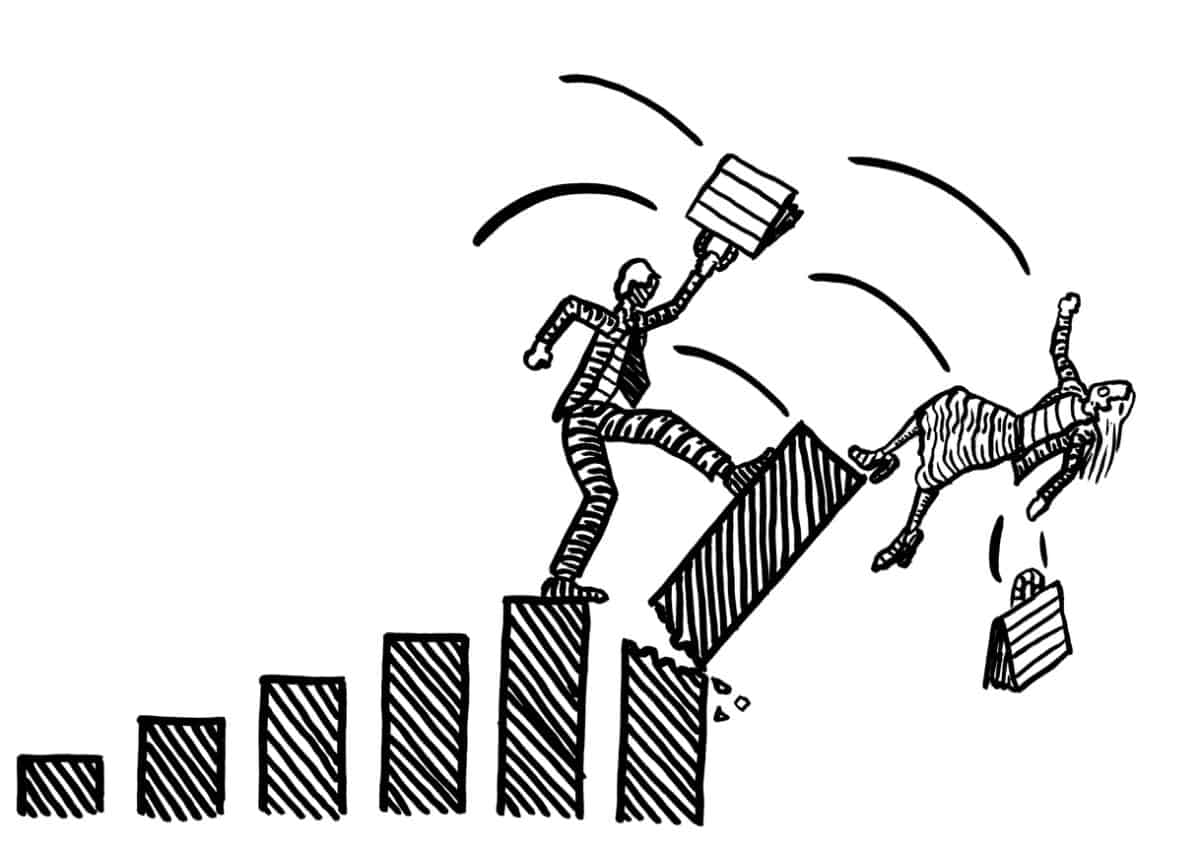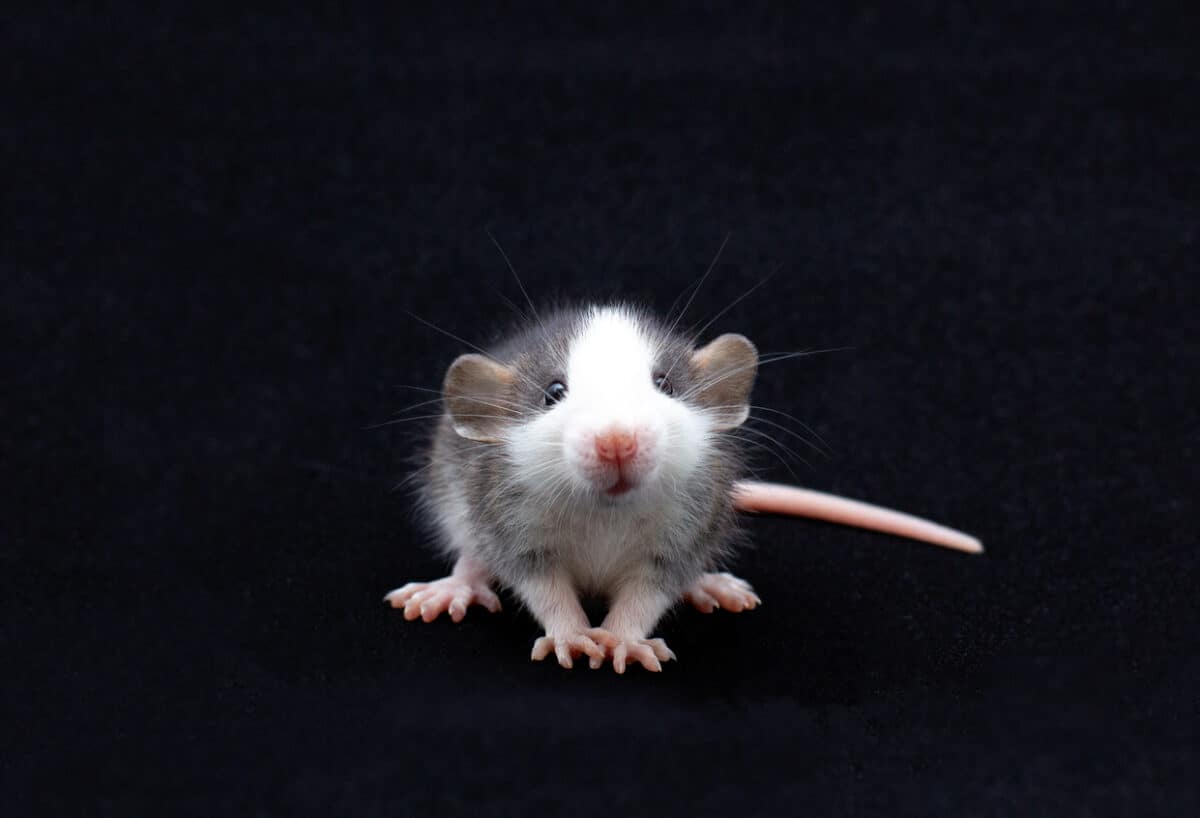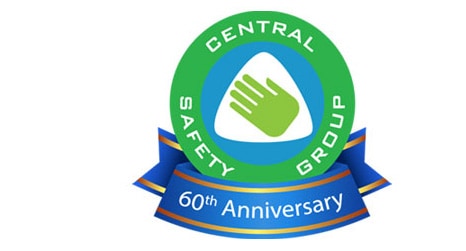The Regulatory Impact Statement (RIS) for Victoria’s draft Psychological Health Regulation does not seem to define what is meant by a psychosocial incident. (If I have missed it, please include a reference in the comments section below) In trying to establish a workplace mental health demographic, the RIS states that:
“As there is currently no legislative reporting requirements for psychosocial incidents, voluntary calls received by WorkSafe’s advisory service have been used as a proxy to estimate the prevalence of psychosocial incidents in the workplace.”
page 34
It is a pretty fluffy determination that the RIS accepts, further illustrating the need for additional data. The advisory service figures record 80% of psychosocial calls relate to bullying.
Continue reading “What is a psychological incident?”






